May 24, 2025 | 16:23 GMT +7
May 24, 2025 | 16:23 GMT +7
Hotline: 0913.378.918
May 24, 2025 | 16:23 GMT +7
Hotline: 0913.378.918
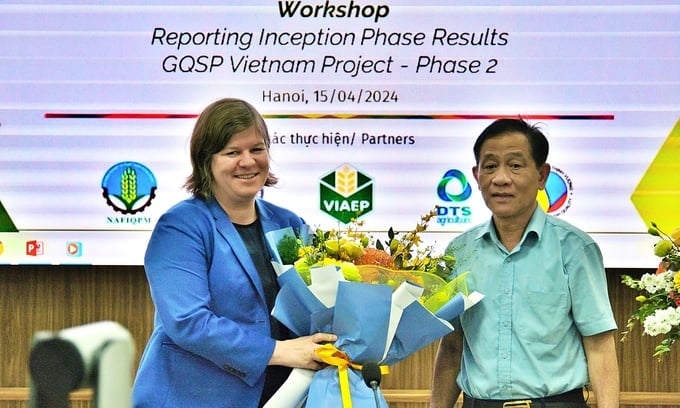
Mrs. Bachmann Sibylle, Head of Cooperation at the Embassy of Switzerland in Vietnam, received flowers from VIAEP Director Pham Anh Tuan. Photo: Bao Thang.
Vegetables and fruits are key products, contributing about 20% to agricultural export turnover. In 2023, fruits and vegetables set an export record of USD 5.6 billion and are expected to keep increasing to USD 6 billion in 2024.
Mango, grapefruit, durian and passion fruit are the four main fruits. Durian export value alone in 2023 reached USD 2.2 billion, and mango more than USD 370 million. For the rest, grapefruit has a lot of fiscal space for export to the US and EU. Passion fruit is growing rapidly, aiming to seize the opportunity as soon as there is a Protocol with China.
Since 2020, the Global Quality and Standards Programme (GQSP) implemented by the United Nations Industrial Development Organization (UNIDO) and funded by the Swiss State Secretariat for Economic Affairs (SECO) has focused on improving capacity to comply with standards and quality to promote production and export of these products.
After phase 1 of the GQSP Project, which was deployed on mango and grapefruit in the Mekong Delta, many results were recorded. In particular, there are standard operating procedures (SOPs) for testing new post-harvest technology to manage fruit quality throughout the chain, from planting, fungal disease treatment, harvesting, temperature management, transportation...
Thanks to these SOPs, fruit storage time increases by about 35%. In some chains, the storage time for grapefruit increased from 40 to 120 days, helping people and businesses export by sea to distant markets.
At the same time, the models also aim for sustainability, helping to reduce post-harvest losses by up to 15%, diversify processed products, and add value to agricultural products.

Mr. Nguyen Manh Hieu presented the value chain of 4 fruits under the GQSP Project. Photo: Bao Thang.
Following the success of phase 1, phase 2 of the GQSP Project has been implemented from October 2023 to 2026, in 5 provinces including Dak Lak, Dak Nong, Dong Thap, Ben Tre, Tien Giang, with a budget of 1.47 million euros (equivalent to USD 1.56 million) will focus on diversifying, improving quality and compliance with fruit standards, to meet market requirements.
Mrs. Bachmann Sibylle, Head of Cooperation at the Embassy of Switzerland in Vietnam, emphasized that phase 2 will take a holistic approach, enhancing value for the entire supply chain. In particular, stakeholders will pay more attention to sustainable development elements such as utilizing waste by-products, enhancing women's rights, and responding to climate change...
"Mango, passion fruit, grapefruit and durian have grown rapidly in the past 10 years. These tropical fruits are important components of Vietnam's agricultural industry in the future. We need analysis to help people get maximum benefits," she said.
Going deeper into each product, Mr. Johnson Peter, representative of the survey expert group, said that fresh mango products are currently growing steadily in Korea, Japan, the United States and Australia. Among them, the opportunities in Korea and Australia are huge, based on the needs of the overseas Vietnamese community.
With grapefruit, China is the only market with increased import demand. The rest are relatively stagnant. Vietnam has an advantage with a long and short production season but is currently facing great competition with the increasing production trend globally, especially in Thailand.
Passion fruit is a relatively new product. To dominate the key Chinese market, Vietnam must compete fiercely with Thailand, which has established a reputation and built a brand in China. Along with that, quarantine issues are also a barrier to the export of fresh products.
Durian is a rare product in Vietnam that is growing rapidly and is relatively successful. In the context that demand from China is forecast to grow by about 16%/year, Vietnam has a clear advantage in supply and logistics.
Besides fresh fruit, Mr. Peter noted that Vietnam is more interested in processed products. Taking the example of mango, the global processing market value is currently USD 19.8 billion, with many product lines such as frozen, pureed, canned, and concentrated, but Vietnam is leaving it open.
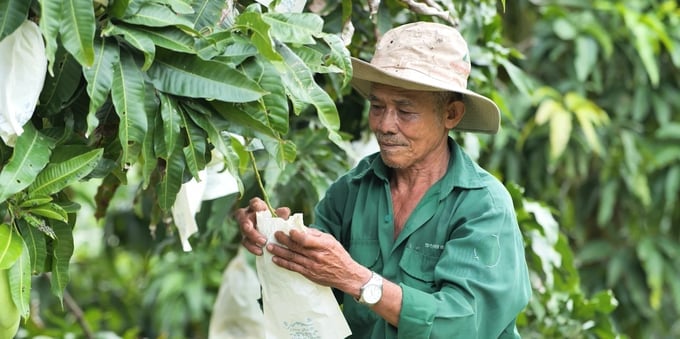
People in the Mekong Delta are instructed on mango care techniques to conquer fastidious markets. Photo: TL.
According to the Project "Development of Key Fruit Trees Until 2025 and 2030" of the Ministry of Agriculture and Rural Development, Vietnam's fruit tree area will reach 1.2 million hectares, with an output of 14 million tons by 2025. Of which, main fruit tree area is 960,000 hectares, and output will be 11 - 12 million tons. Export turnover remains stable at about USD 5 billion.
By 2030, the country's fruit tree area is expected to increase to 1.3 million hectares, with output over 16 million tons; Of which the main fruit tree area is 1 million hectares, with an output of 13 - 14 million tons. Fruit export turnover will reach USD 6.5 billion.
Mr. Nguyen Manh Hieu, Vietnam Institute of Agricultural Engineering & Post Harvest Technology (VIAEP), admitted that, among the 14 key fruits identified by 2030, mango, grapefruit, passion fruit and durian face common problems related to varieties and farming processes.
For example, with durian, people and management agencies are still confused in controlling the quality of varieties sold on the market, lacking high-quality durian varieties that are resistant to pests and diseases. In addition, gardeners still lack standard cultivation procedures for durian according to each variety and ecological region and lack effective integrated pest management measures.
The rate of spontaneous use of pesticides and fertilizers is still relatively high (about 35%). The proportion of growing areas granted codes is still low (about 7%). When harvesting, farmers mainly use experience (typing durian), instead of having a set of standards for determining ripeness.
Through the upcoming implementation of the GQSP Project, Mr. Vu Duc Con, Deputy Director of the Department of Agriculture and Rural Development of Dak Lak province, expects farmers and cooperatives throughout the province to improve their capacity and form the habit of monitoring drug residues and periodic monitoring of harmful organisms.
Translated by Huong Giang
/2025/05/22/5250-1-184853_288.jpg)
(VAN) According to a representative from the Central Retail Vietnam, Vietnamese products such as seafood, sweet potatoes, dragon fruit, coffee, and spices hold great potential in the Thai market.
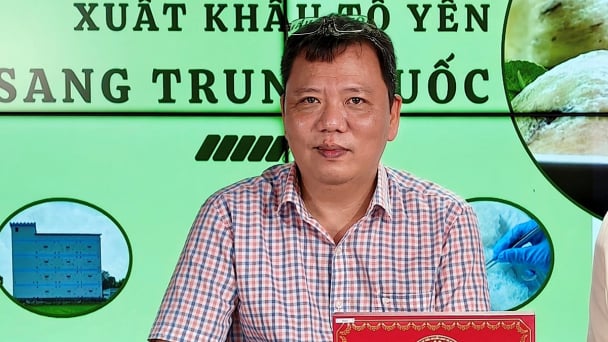
(VAN) A multi-channel, multi-directional strategy only works when the agricultural value chain meets global transparency and SPS standards.
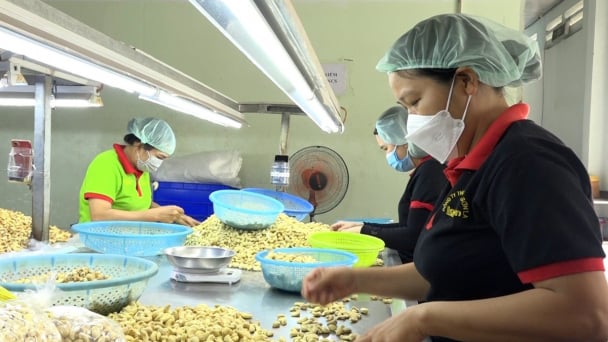
(VAN) Market expansion is a matter of survival for Vietnamese businesses amid fierce competition and global supply chain fluctuations.
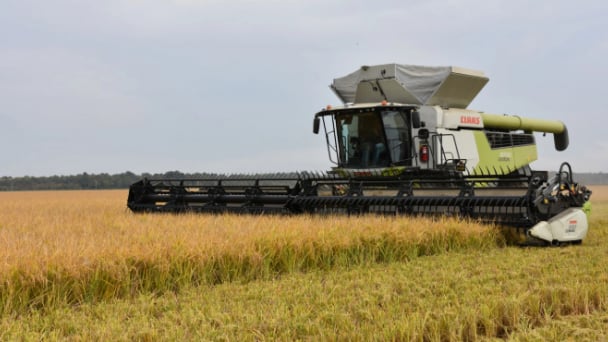
(VAN) Global market prospects for U.S. long-grain rice for the upcoming marketing year.
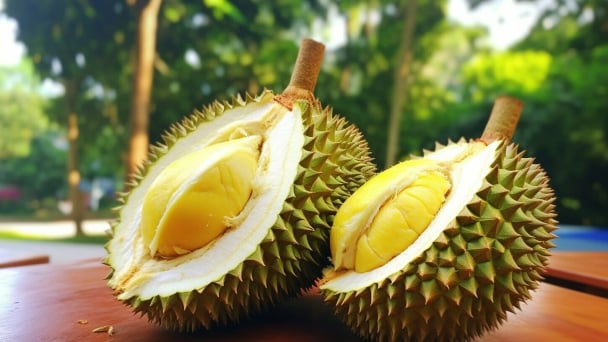
(VAN) China’s General Administration of Customs started permitting fresh durian shipments from Cambodia after a phytosanitary protocol was signed with the Cambodian Ministry of Agriculture in late April.
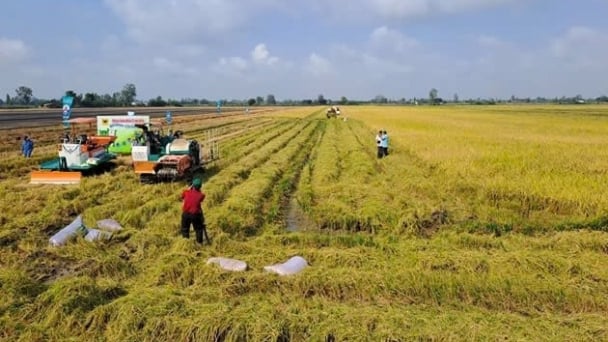
(VAN) To operate carbon market, one of the key issues is determining which types of 'commodities' meet the standards to be traded on the market.
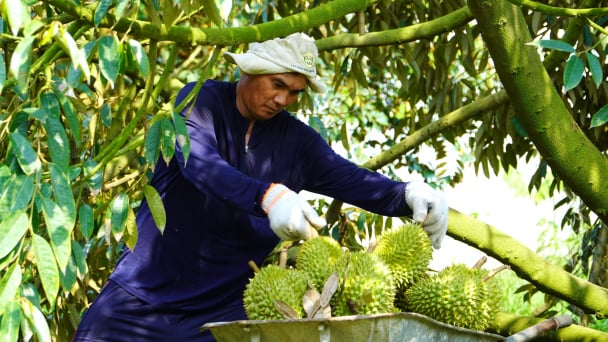
(VAN) Durian-producing localities need to coordinate more effectively with central authorities to improve the traceability, monitoring, and response systems in case of violations.